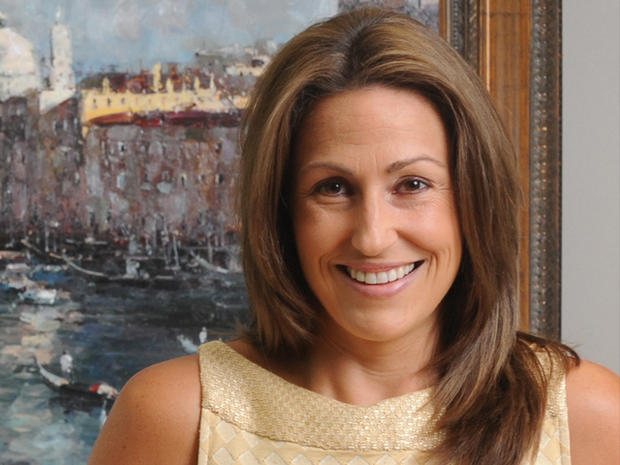Documents reveal expected revenue from EpiPen sales after controversial price hike
The CEO of the pharmaceutical company that makes the life-saving EpiPen strongly defended the product’s huge price hike on Capitol Hill on Wednesday, testifying under oath in front of the House Oversight and Government Reform Committee. Lawmakers hammered Mylan’s Heather Bresch with criticism about the injector’s nearly 500 percent price increase, in a hearing that lasted well into the evening.
She said she wished Mylan had “better anticipated” the problems patients would face, as the company ratcheted up the cost of the device that stops life-threatening allergic reactions. But she stood by the decision to push the wholesale cost above $600, reports CBS News correspondent Vinita Nair, who first brought the story to attention last month.
“We believe it was a fair price. And we’ve just now lowered that price by half,” Bresch said.
“Why’d you lower it by half if you thought it was fair? If you thought it was fair, leave it where it’s at,” Rep. Scott DesJarlais of Tennessee said.
Lawmakers weren’t satisfied with Mylan’s recent efforts to boost discounts for many patients, and they didn’t seem impressed with the numbers Bresch was trying to show them.
CBS News reviewed documents the company turned over to lawmakers. They show Mylan expects the EpiPen to generate $1.1 billion in net sales this year. It spends an estimated $85 million to market the device.
“What was your salary last year?” Rep. John Mica of Florida asked.
“About $18 million,” Bresch said.
“About $18 million. Sounds like you’re doing pretty well on this,” Mica said.
Wall Street Journal reporter Jonathan Rockoff said Bresch handled the pressure well. He told us the hearing revealed little we didn’t already know.
“For all the sort of shared sentiment about how we can’t have these high drug prices, there was very little discussion about what we should do about it,” Rockoff said.
Instead, much of the focus was on what Mylan already has done.
After hundreds of dollars in prices increases, committee members cast doubt on Bresch’s claims that the company only makes $50 per device.
“I don’t know what your lawyers are telling you, but you -- I don’t think that you have been frank with us,” Rep. Elijah Cummings of Maryland said.
The EpiPen has a virtual monopoly, so lawmakers also questioned a representative from the Food and Drug Administration about what it can do to speed up the process for generic competitors.
But the representative said he couldn’t even legally disclose how many similar products are in the pipeline right now.
